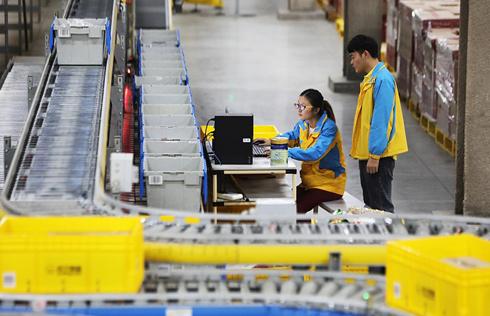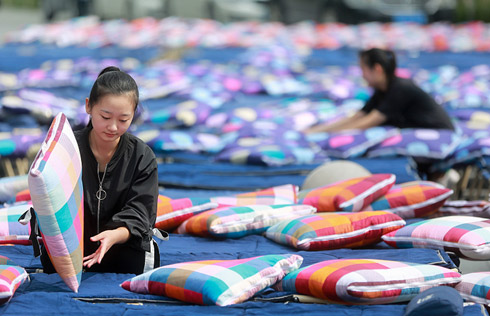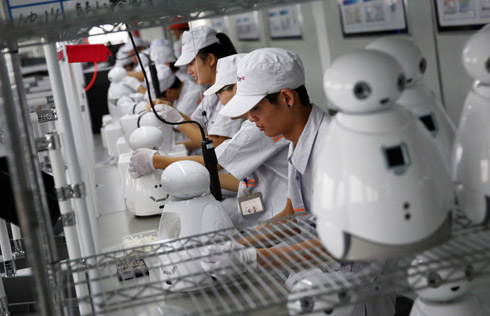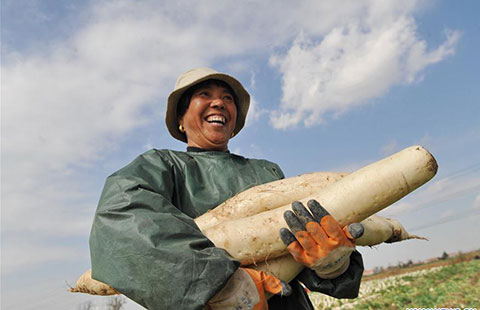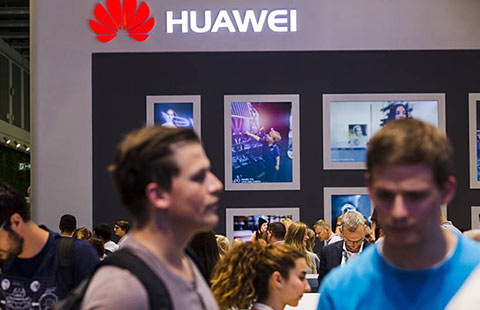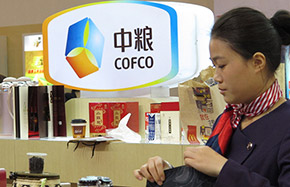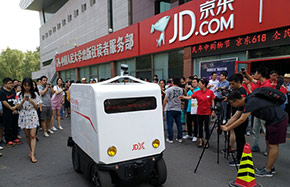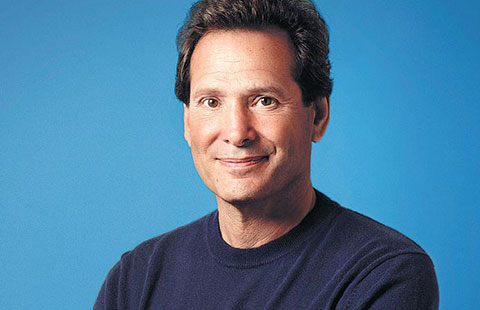After Europe, rest of the world
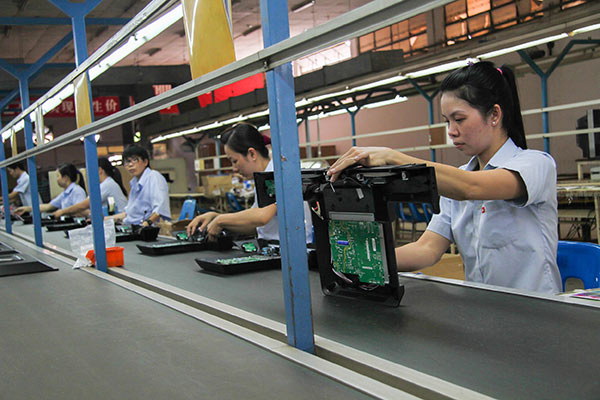 |
|
Quality-control inspectors at work at TCL's factory in Vietnam. One of the earliest Chinese enterprises to expand overseas, TCL entered Vietnam in 1999. Its market share in the Southeast Asian country has exceeded 16 percent by 2015.XINHUA |
Encouraged by success in Europe, Chinese consumer electronics major TCL Corp is stepping up efforts to expand its presence the world over, particularly in Russia, the Middle East and Africa.
Nearly 50 percent of its revenue already comes from outside China. Overall sales rose 8 percent year-on-year to 52.2 billion yuan ($8 billion) in the first half of this year, generating a profit of 1.66 billion yuan, up 111 percent.
The Vietnam factory targets the Southeast Asia market, the Mexican factory aims at North America and Central America, the joint venture factory in Egypt covers the whole of Africa and Central Asia, and a similar factory in Brazil serves South America.
TCL is expecting its TV sales from a factory in central Poland to reach 3 million units within the next three years. That would make it one of the top three electronics manufacturers in Europe by 2020.
"On the back of the Belt and Road Initiative, TCL has accelerated its expansion in European countries by setting up factories and cooperating with local partners to gain more market share," said Liang Zhenpeng, a consumer electronics analyst.
The geographic advantage of TCL's plant in Poland has enabled the electronics giant to make headway in Europe, a key market.
The plant was originally established and run by Thomson SA, a French electronics company. When TCL acquired Thomson in 2004, the plant was also transferred to TCL, said Chen Chuanlun, the factory's general manager.
The factory covers an area of 105,000 square meters, with four production lines that manufacture televisions whose screen sizes range from 22 inches to 80 inches.
It only takes 20 minutes to produce one TV set and when all production lines operate, they can produce 1.39 million TV sets per shift and 4.2 million units in three shifts.
"Originally, maritime transport from China to Poland took 38 days, which greatly impeded the company's expansion in the European market. But, under the Belt and Road Initiative, the China-Europe freight trains shortened the transport time to only 16 days. TCL also linked its factory in Chengdu with that in Poland," said Chen.
The Poland facility, geographically in the middle of Europe, employs about 200 workers. The goods made here can be delivered to the farthest European country-Portugal-in just four days, and most other European countries in three days.
"Local workers have worked in our factories for more than 10 years, so they can constantly collect the most advanced product information in Poland and even from across Europe, which will be sent back to the R&D center in China," Chen said.
Based on customer feedback and suggestions, domestic developers design or make products, Chen added.
Moreover, Polish workers tend to be loyal and committed, with an annually attrition rate of just 1 percent.
According to Chen, every year the company sends workers producing good performance in the Polish factory to attend a year-end commendation ceremony in China.
They get to visit Shenzhen China Star Optoelectronics Technology Co Ltd, a subsidiary of TCL, so they could feel a sense of belonging with the whole TCL family.
Boosted by the Polish factory, TCL ranked third in terms of market share in France and has made breakthroughs in Germany, Poland, the United Kingdom and Spain.
TCL will also continue to strengthen marketing and brand-building in Europe. "Our TV sales in Europe have improved this year, while smartphones saw a drop in sales ... We hope to increase our brand awareness and expand marketing channels by virtue of IFA Electronics Show 2017, one of the world's biggest trade shows for consumer electronics, which was held in Berlin from Sept 1 to 6," said Li Dongsheng, chairman and chief executive officer of TCL.
"I am confident that not only our sales but profitability will grow in Europe in the next one or two years," Li said.
"We have speeded up the expansion of overseas operations making the most of opportunities presented by the Belt and Road Initiative, and will pay attention to enhancing the quality of international operations and management in the future."
Industry data showed TCL shipped 20 million LCD TV sets around the world last year, half of them smart TVs. That makes it the world's third-largest liquid crystal display TV maker.
In the first quarter of 2017, TCL also ranked among the top three for global TV shipments, with a market share of 7.3 percent, according to market research company IHS Technology.
Founded in 1981 in Huizhou, Guangdong province, TCL has become one of the largest consumer electronics manufacturers, producing mobile phones, televisions and home appliances, among other consumer goods.




